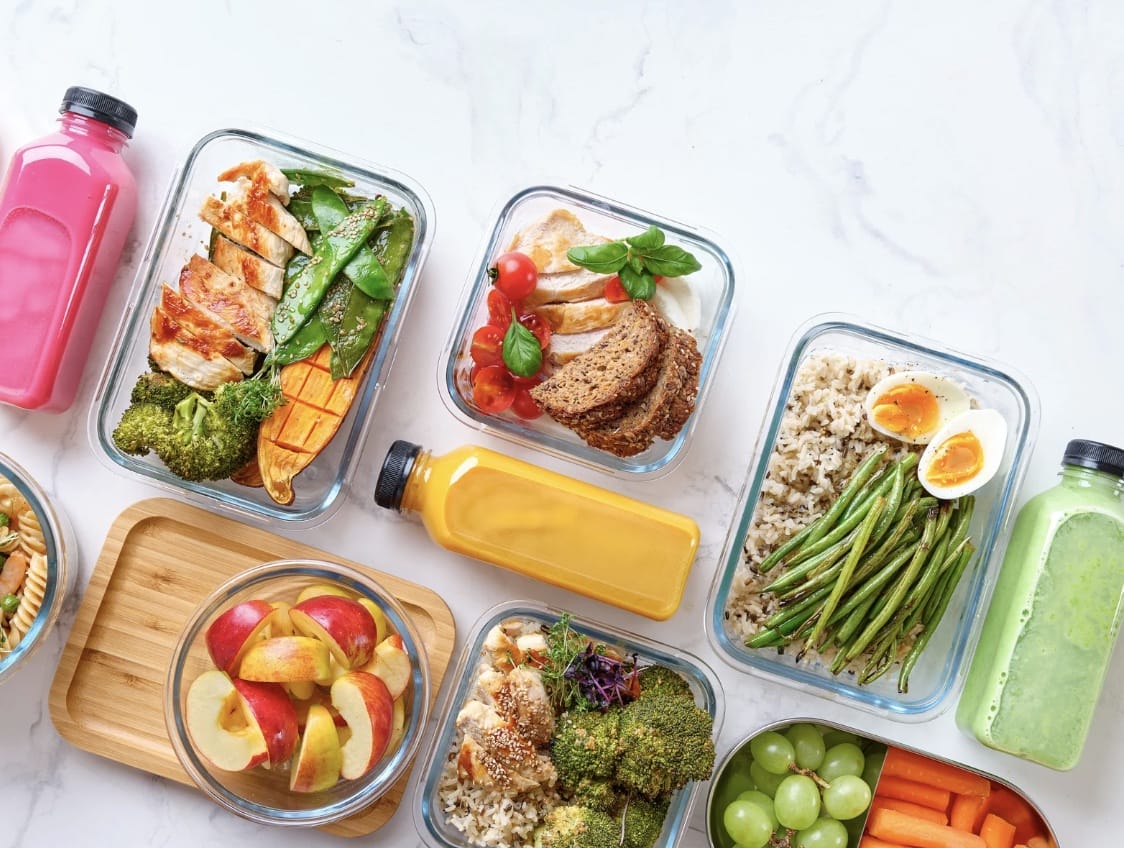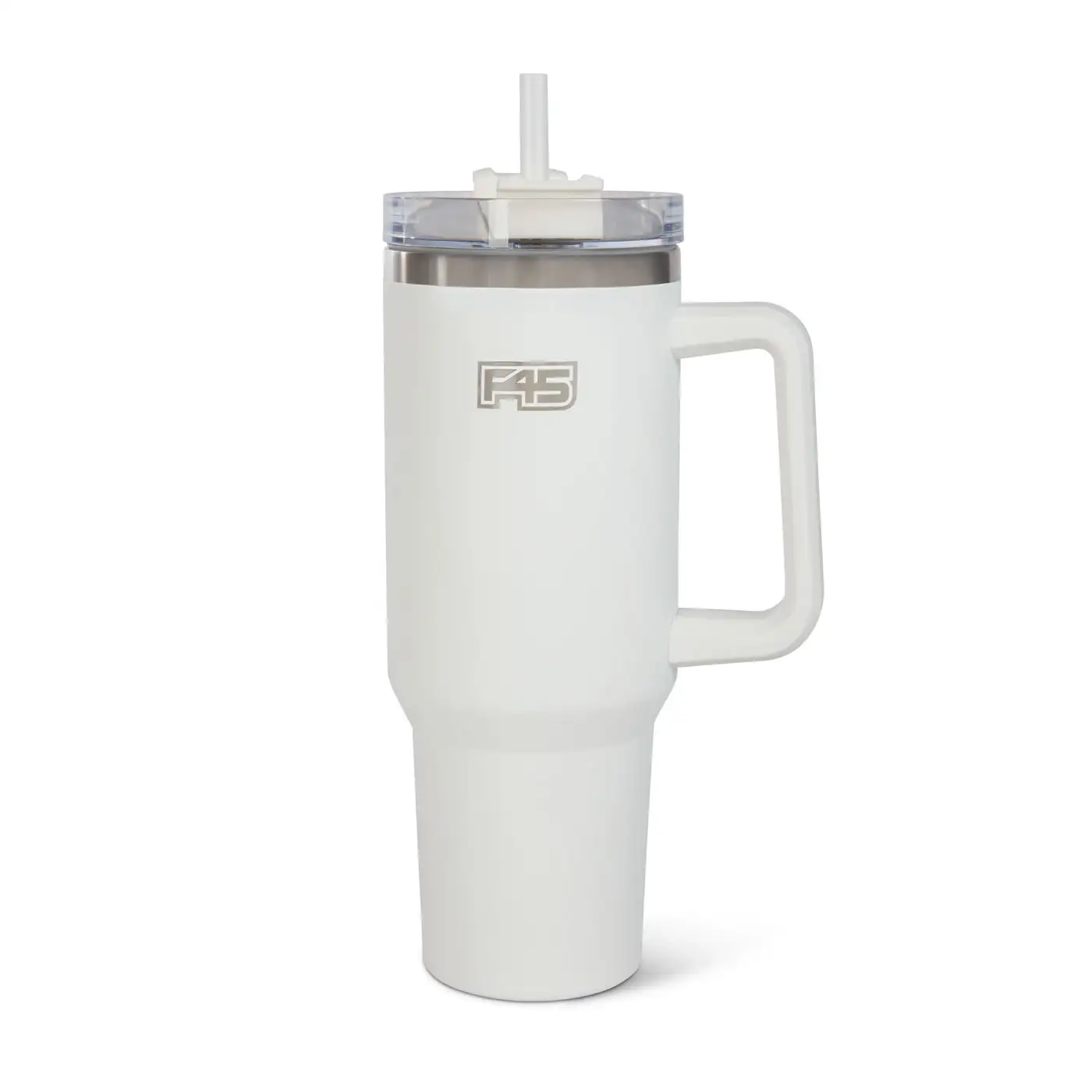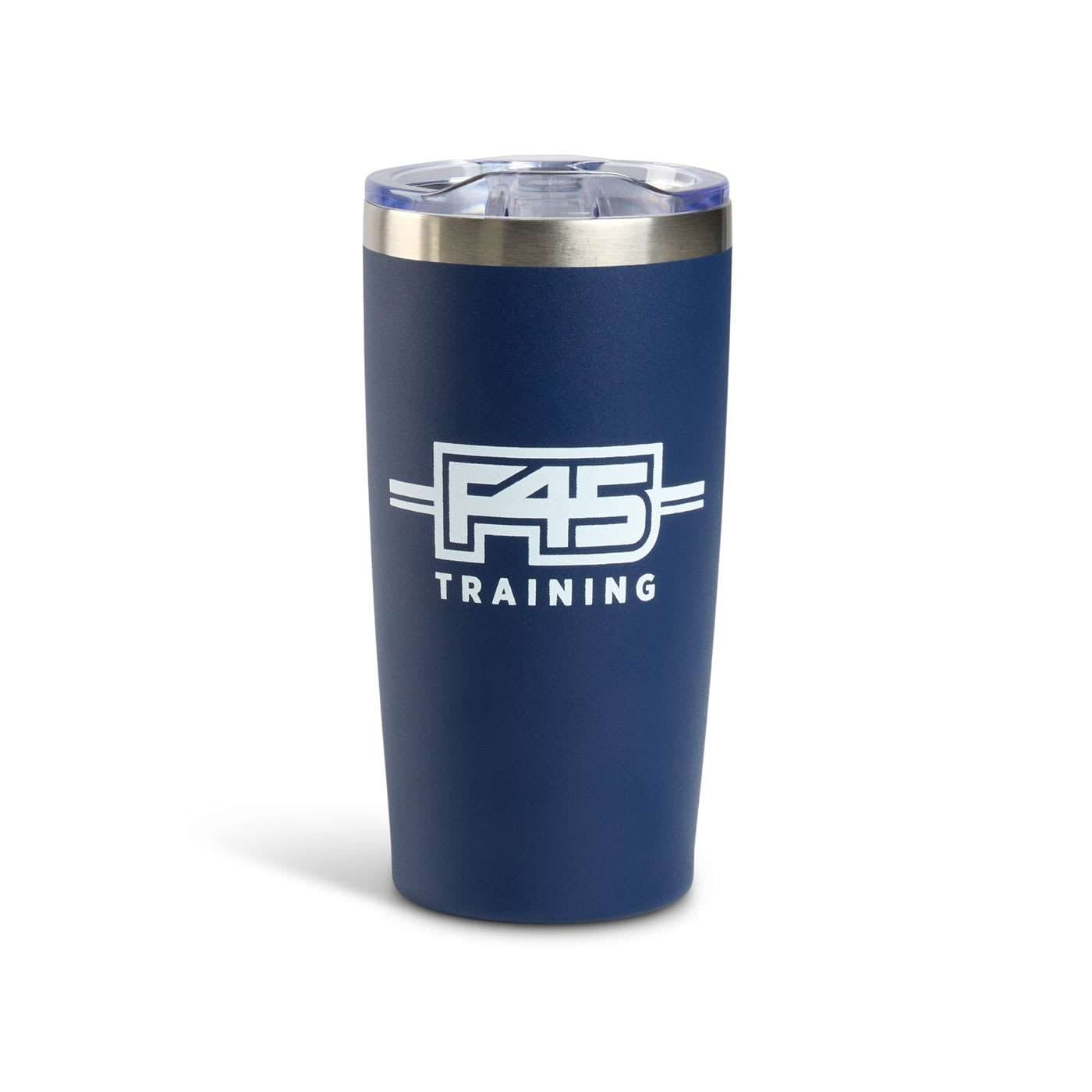At a time when the world is adapting to the current pandemic, it’s imperative that we are prepared and smart about stocking up on some key kitchen essentials. Rather than panic buying, it’s best to look for some nutrient-dense food items that will keep you and your family healthy. When you do go to the grocery store, try to go at times when stores are less crowded so that you can maintain adequate social distancing. Alternatively, you can order your groceries online from a number of different stores.
Canned and Dry Foods
Canned foods such as beans, chickpeas (garbanzo beans), lentils, veggies, and tuna (canned in water and wild-caught) are inexpensive and easy to prepare. Not only do they have a long shelf life, but they provide essential nutrients including protein, healthy fats, and dietary fibre. Canned tuna is an excellent source of fatty acids essential to our health including polyunsaturated omega-3 fatty acids. Tuna is also an excellent source of lean protein and immune-boosting vitamins and minerals including Vitamin D and Selenium. Additionally, dry goods such as brown rice and pasta as well as nuts all last a long time and are excellent sources of healthy complex carbohydrates and dietary fibre. Pickled veggies including peppers, cucumbers, green beans are another great option, with a shelf life of about 5 to 6 months.
Canned Foods
- Wild-Caught canned tuna in water
- Dried beans and legumes
- Chickpeas (garbanzo beans)
- Tomato sauce
- Sauerkraut
- Pickled veggies
Dry Goods
- Rolled oats or steel cut oats
- Whole grain pasta, brown rice, farro, and quinoa
- Whole grain ezekiel bread (which can be stored in the freezer)
- Fibre-rich breakfast cereals such as Weetabix
- Muesli bars, protein bars
- Root vegetables (carrots, potatoes, yams)
- Dried herbs and spices (oregano, turmeric and basil)
Fresh and Frozen Food
Don’t forget fresh produce! It’s a good idea to purchase all of your usual fresh fruit and veggies along with some key frozen items. Additionally, bone broth can be easily stored in the freezer and provides several essential amino acids including proline, glycine, glucosamine, and arginine. Together, these amino acids are anti-inflammatory, provide immunity support, and aid in joint and digestive health.
Fresh Food
- Eggs
- Milk
- Meat and fish that can be frozen (Chicken Breasts, Ground Beef, Turkey, Salmon)
- Bone Broth which can be easily kept frozen
Frozen Foods
- Mixed Frozen Fruit (Strawberries, Blueberries and Raspberries)
- Frozen Veggies (Broccoli, Cauliflower, Spinach and Carrots)
- Frozen Edamame Beans
- Pre-Cooked Frozen Grains (Brown Rice and Quinoa)
Meal ideas
Breakfast:
- Overnight oats
- Corn fritters
- Baked beans on toast
- Fibre-rich cereal, mixed nuts and milk
- Breakfast burrito bowl – made with eggs, pinto beans, canned tomatoes, rice and an assortment of veggies.
Main meals:
- Tuna casserole with vegetables
- Pasta bake
- Turkey and Bean Slow-Cooker Chili
- Spaghetti Bolognese
- Lentil Bolognese
- Healthy fried rice
- Vegetable soups
- Stir-fry
- Chickpea or chicken curry
Snacks:
- Fresh or Frozen Fruit
- Yogurt with granola, frozen fruit
- Protein Bliss balls
- Almonds, Walnuts, Pecans
- Tuna with crackers
- Cheese and crackers
- Edamame Beans
- Smoothie with frozen berries
- Muesli bars
For more information please visit the CDC or WHO, as well as the Academy of Nutrition and Dietetics with advice on staying home during the coronavirus pandemic.
References:
Esther E. (2020, March 16). Make the Most of Your Time at Home. Academy of Nutrition and Dietetics. Retrieved from https://www.eatright.org/health/wellness/preventing-illness/make-the-most-of-your-time-at-home
Centers for Disease Control and Prevention. (2020). US Food and Drug Administration. Retrieved from https://www.fda.gov/food/food-safety-during-emergencies/food-safety-and-coronavirus-disease-2019-covid-19
Zhong, Z., Wheeler, M. D., Li, X., Froh, M., Schemmer, P., Yin, M., … & Lemasters, J. J. (2003). L-Glycine: a novel antiinflammatory, immunomodulatory, and cytoprotective agent. Current Opinion in Clinical Nutrition & Metabolic Care, 6(2), 229-240.














